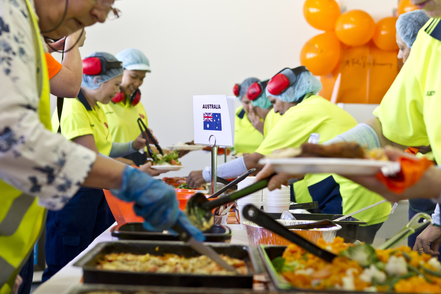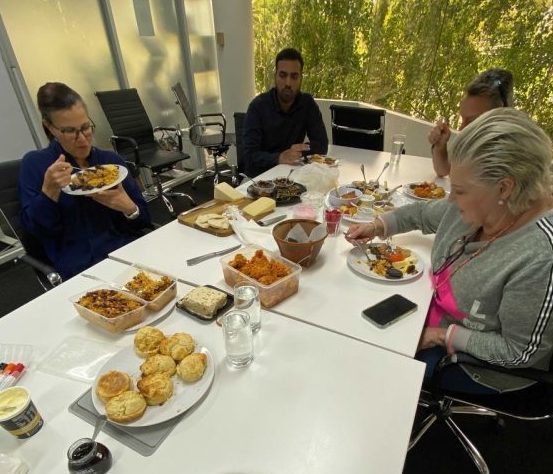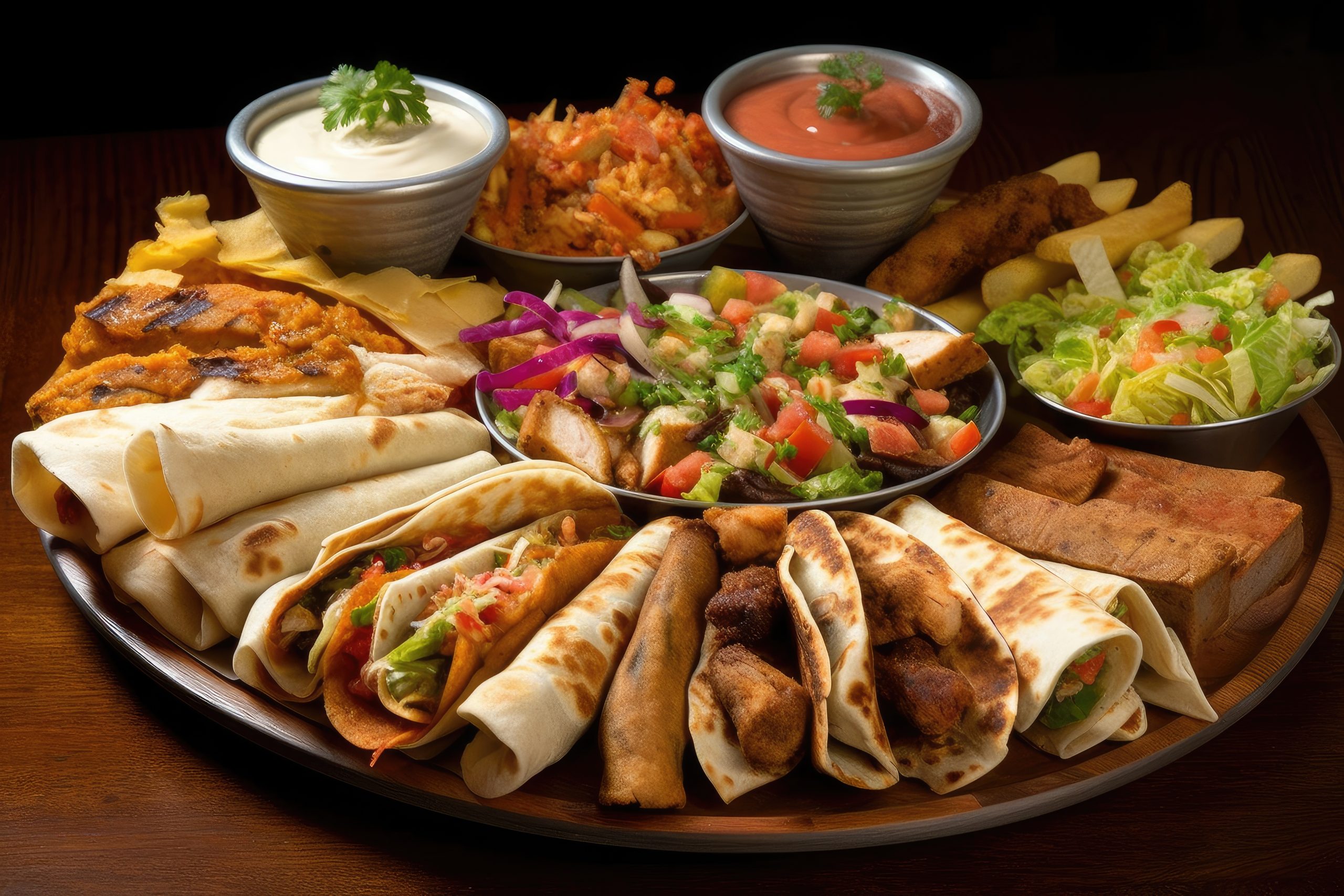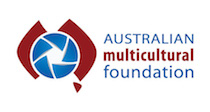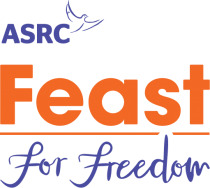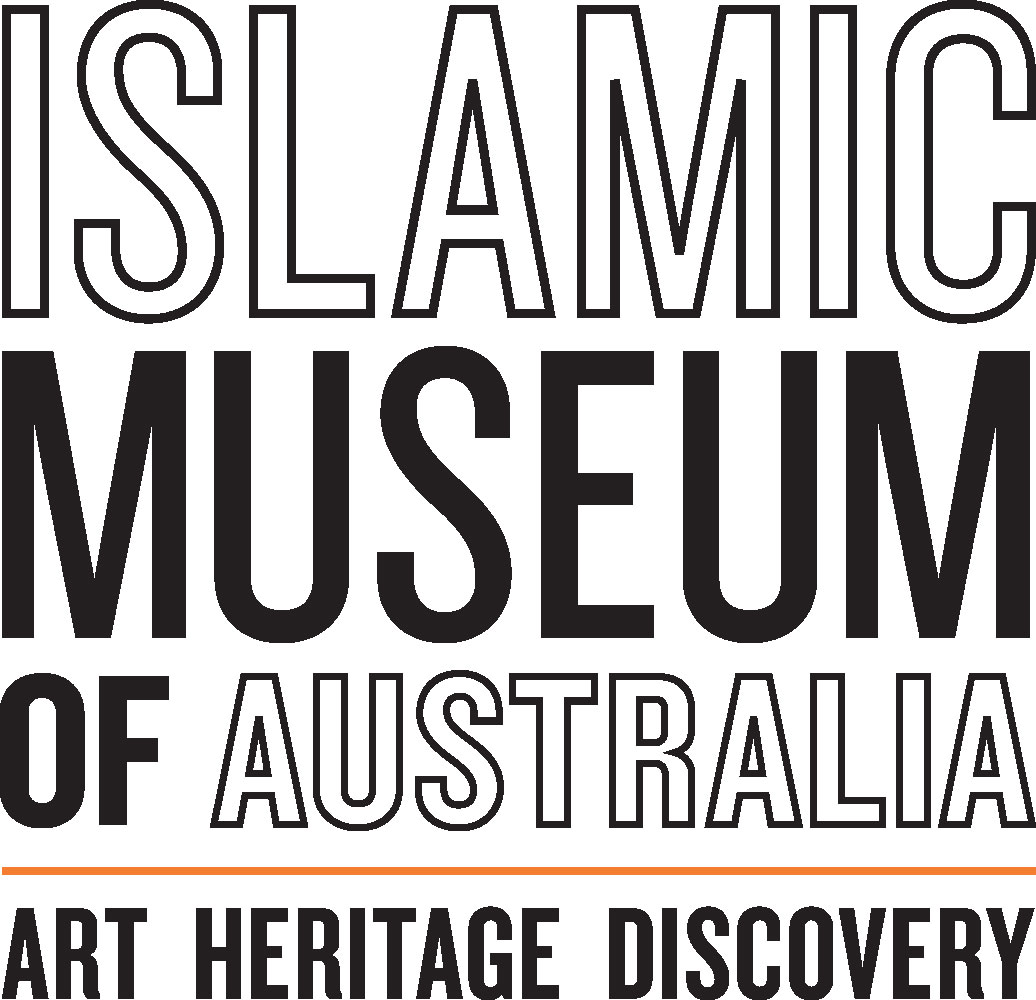By Felicity Menzies, Principal Consultant and CEO of Include-Empower.Com
Initiatives such as A Taste of Harmony and Harmony Day, held each year in March, provide us with a unique opportunity to celebrate the cultural diversity of our nation, and most commonly, our workplaces.
Australia is the world’s second most multicultural nation, tied with Switzerland behind Luxembourg that sits at the top of the table. Nearly half (49 per cent) of Australians were born overseas or have at least one parent who was. We identify with over 300 ancestries and apart from English, the most common languages spoken in Australia are Mandarin, Arabic, Cantonese, Vietnamese, Italian, Greek, Tagalog/Filipino, Hindi, Spanish and Punjabi.
Workplaces who celebrate A Taste of Harmony or Harmony Day will usually provide the opportunity for employees to share traditional ethnic dishes. While this may appear at first glance to be a simple and perhaps even superficial symbolic gesture, food sharing is actually a powerful inclusion intervention, grounded in the science of prejudice elimination.
Studies show that the formation of intergroup friendships can help to dismantle social categorisations and decrease bias. Activities that encourage individuals from different racial or ethnic group to share information about their unique backgrounds, experiences and skills promote individuation of outgroup members such that they come to be considered as individuals rather than as a member of a broader, often negatively stereotyped, social category. Under this approach, the focus moves from “one of them” to “you and me”.
There is another mechanism by which relational-based activities decrease the tendency for bias. Studies have shown that social categories can become more inclusive by inducing a positive mood state. There are a couple of reasons why this occurs. Firstly, we are attracted to people that we associate with feeling good. Secondly, a positive mood enhances our cognitive flexibility and leads to broader and more inclusive categorisations.
Food-sharing and other similar relational-building activities are evidence-based approaches for encouraging dialogue and shared learning among diverse individual, decreasing bias and discrimination, and promoting inclusion.
A word of caution!
The success of food sharing as a tool for driving inclusion requires that members of different cultural groups interact in meaningful ways. If employees take a dish from a buffet and eat it back at their desks, it’s a wasted opportunity for cultural sharing and the formation of intergroup friendships. Successful food sharing for inclusion relies on the creation of settings where members of different groups are encouraged to share stories about their cultural heritage. For this reason, holding food sharing celebrations in small diverse groups at a shared table is preferable to hosting organisational-wide lunches. Unless conscious efforts are made by organisers to encourage intergroup dialogue, ingrained preferences for the company of members of our own cultural group (affinity or ingroup bias) are likely to persist.
A Taste of Harmony
A Taste of Harmony, held every year for two weeks in March to coincide with Harmony Day on the 21stMarch, provides a unique opportunity for people to celebrate the cultural diversity of their workplace.
Founded by the Scanlon Foundation in 2009, it’s free to take part and each year about 10,000 workplace teams from large corporates, SMEs and community groupsacross the nation register their involvement. The initiative has traditionally encouraged people to bring to work a dish that reflects their cultural background, sharing their food and importantly, the story behind it, but there are multiple ways organisations can take part in 2021. To find out more or register, visit: www.tasteofharmony.org.au
Harmony Day
Harmony Day is held annually on 21 March to coincide with United Nations International Day for the Elimination of Racial Discrimination. The message of Harmony Day is ‘everyone belongs’. The Day aims to engage people to participate in their community, respect cultural and religious diversity and foster sense of belonging for everyone.
An extended version of this article was originally published on the Include-Empower.Com blog.
Felicity Menzies is Principal Consultant and CEO of Include-Empower.Com, a full-service Sydney-based diversity and inclusion consultancy founded in 2012. She is the author of, A World of Difference: Leading in Global Markets with Cultural Intelligence and is a regular contributor to business publications on topics related to diversity and inclusion.

